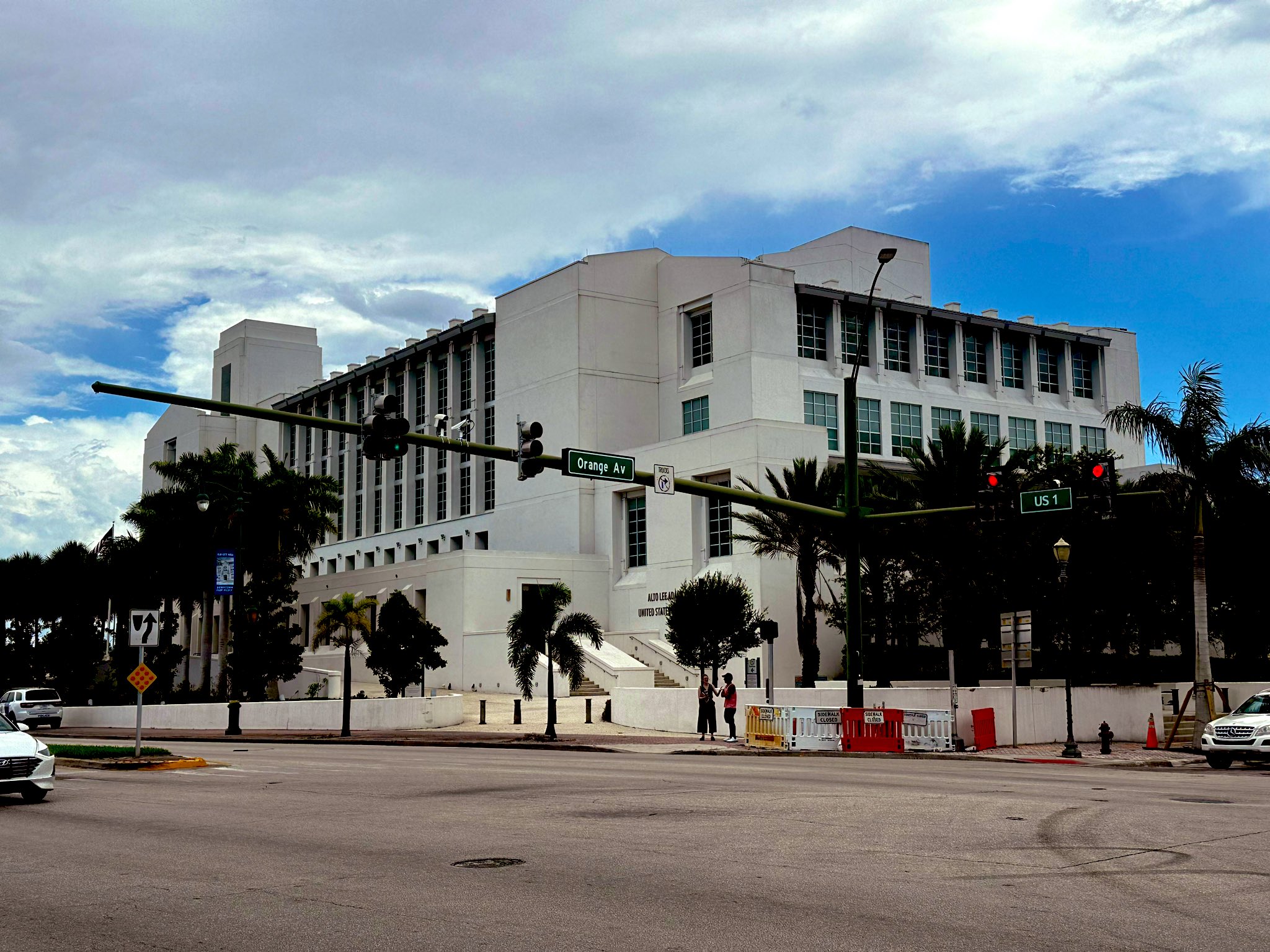FEMA and Hurricane Sandy
I do not normally share Ben's disdain for the New York Times editorial page. They are who they are and you know what you are going to see on their page before the publish it. But today's editorial on Hurricane Sandy simply requires comment. Not content to praise FEMA for a job well done, or to bemoan the tragedy of the loss of life occasioned by the storm, the Times feels the need to politicize even this natural disaster. Entitled "A Big Storm Re
Published by The Lawfare Institute
in Cooperation With

I do not normally share Ben's disdain for the New York Times editorial page. They are who they are and you know what you are going to see on their page before the publish it. But today's editorial on Hurricane Sandy simply requires comment. Not content to praise FEMA for a job well done, or to bemoan the tragedy of the loss of life occasioned by the storm, the Times feels the need to politicize even this natural disaster. Entitled "A Big Storm Requires a Big Government" the Times takes Mitt Romney to task for suggesting that the Federal government's role in disaster recovery is limited:
Disaster coordination is one of the most vital functions of “big government,” which is why Mitt Romney wants to eliminate it. At a Republican primary debate last year, Mr. Romney was asked whether emergency management was a function that should be returned to the states. He not only agreed, he went further. “Absolutely,” he said. “Every time you have an occasion to take something from the federal government and send it back to the states, that’s the right direction. And if you can go even further and send it back to the private sector, that’s even better.” Mr. Romney not only believes that states acting independently can handle the response to a vast East Coast storm better than Washington, but that profit-making companies can do an even better job. He said it was “immoral” for the federal government to do all these things if it means increasing the debt.Let's leave aside the unseemliness of politicizing a disaster and focus on the merits---the Times confuses two distinct issues: response coordination and actual emergency response. To be fair, it seems that Governor Romney may have as well, but the Times ought to know better. Nobody suggests that the Federal government should have no role in coordinating across state lines. That's why President Bush (yes, Bush---I was there) stood up the National Operations Center and incorporated within it the National Response Coordination Center. Nothing I read in what Romney says suggests he would do away with that function. But the real question is where does primary responsibility for disaster response lie? The answer is, I suspect, right outside your window. Emergency preparedness and disaster response are, and always have been, local and state responsibilities---both because local and state institutions have better awareness of the local vulnerabilities and because they have the resources to respond. The pictures from New York City show NYPD and NYFD working on evacuation. And they show private sector employees from ConEd working to repair the damage created. It is bordering on the nonsensical to suggest that FEMA, or the Federal government has primary responsibility for a disaster response---they don't have the capacity and they never will. I'm reminded of those who thought that the US government should "federalize" the response to the Deepwater Horizon disaster---to which the only response was that the Coast Guard wasn't built for deepwater oil blowouts. Existing Federal law, the Stafford Act, recognizes that State and Local governments are primarily responsible for disaster response---and that beyond coordination, the Federal government's role is mostly to serve as a source of emergency funding. One last point: the Times seems to suggest that FEMA is suffering budget cuts. They are partially right, but not in the way you would think: in FY 2011, its budget was roughly $10.5 Billion. In FY 2012 it was nearly $14 Billion. And for FY 2013, Presdient Obama proposed a modest cut to $13.5 Billion.
Paul Rosenzweig is the founder of Red Branch Consulting PLLC, a homeland security consulting company and a Senior Advisor to The Chertoff Group. Mr. Rosenzweig formerly served as Deputy Assistant Secretary for Policy in the Department of Homeland Security. He is a Professorial Lecturer in Law at George Washington University, a Senior Fellow in the Tech, Law & Security program at American University, and a Board Member of the Journal of National Security Law and Policy.




